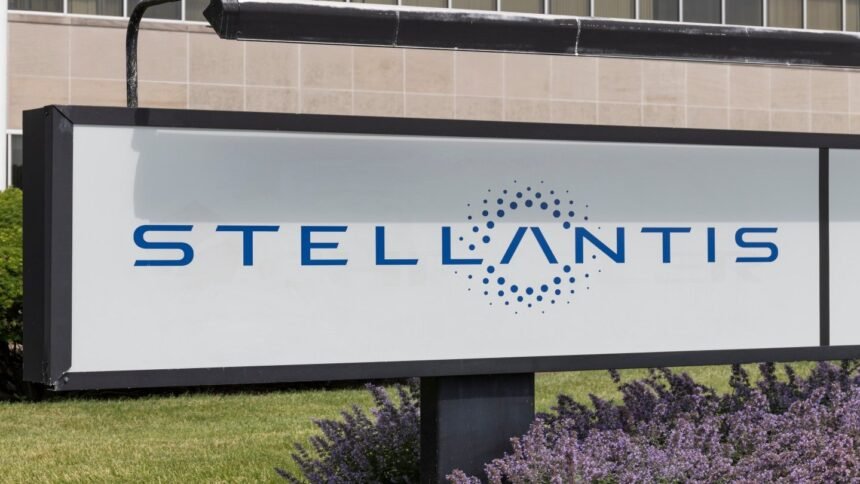Stellantis, the parent company of renowned automotive brands like Jeep and Peugeot, is currently exploring the future of its luxury division, Maserati. According to a report by Reuters, the company is considering various options for Maserati, including a potential sale. This decision is part of Stellantis’ broader strategy to streamline its extensive portfolio, which includes a total of 14 brands.
Discussions about the direction of Maserati began before the appointment of the new CEO, Antonio Filosa, while John Elkann was serving as the interim leader. Elkann has been focusing on the company’s 14 brands, including Chrysler, Peugeot, Jeep, and Alfa Romeo, especially during the CEO selection process.
Stellantis is facing challenges such as the impact of significant US import tariffs introduced by former President Donald Trump and increasing competition from Chinese automotive firms. To address these challenges, the company engaged consultancy firm McKinsey in early April to assess the impact of US tariffs on Maserati and Alfa Romeo as they prepare their future strategies.
While Stellantis has previously expressed its commitment to nurturing both Maserati and Alfa Romeo, sources suggest that McKinsey is exploring various scenarios for the company, including the potential divestment of Maserati. Despite the speculation, a Stellantis spokesperson has stated that “Maserati is not for sale.”
Maserati’s recent performance has been underwhelming, with sales declining by over 50% in 2024 to just 11,300 units, resulting in an operating loss of €260 million. The brand is currently in a holding pattern, with no new model launches on the horizon as it awaits a fresh business strategy, which was postponed by Stellantis last year.
Some investors and analysts believe that a more focused brand portfolio could improve Stellantis’ profit margins, especially as the company’s shares have declined since March of the previous year. While McKinsey has not been tasked with finding a buyer for Maserati, all possibilities, including a sale, are being considered.
The Stellantis board appears divided on the matter, with some members supporting a sale due to the challenges of relaunching Maserati sustainably, while others see value in retaining the luxury brand. Potential buyers, such as Chinese automaker Chery, may be interested in acquiring European brands like Maserati to strengthen their presence in markets where they currently lack strong consumer recognition.
As Stellantis navigates the future of Maserati, the company is poised to make strategic decisions that will shape the direction of its luxury division in the coming years. Stay tuned for updates on the potential sale of Maserati and the overall restructuring of Stellantis’ brand portfolio.







